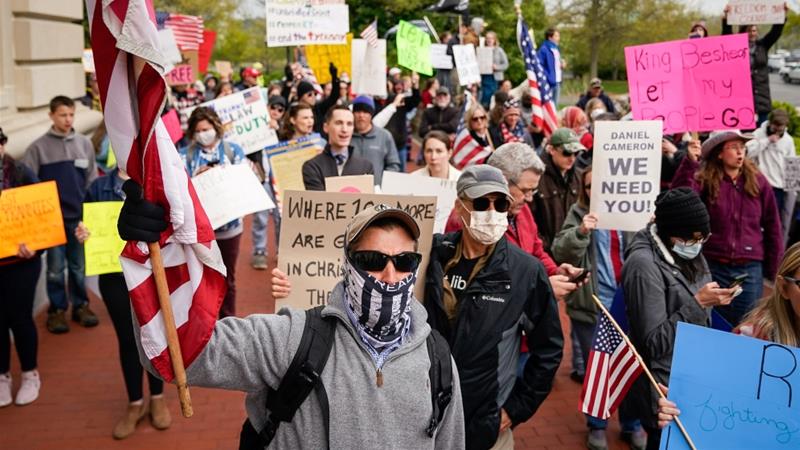
Projects: Safe drinking water in Malawi, fuel efficiency in Ghana, landfill energy in Thailand, rainforests in Brazil Here is an indication of the cost, and where the money will be spent: These eight companies are among those who will help you offset your carbon emissions.

Months of empty roads and skies and sluggish economic activity reduced global greenhouse gas discharges by an estimated 7%, the sharpest annual fall ever recorded. The story is equally disheartening when it comes to global carbon emissions, which fell steeply but not for long enough to dent climate fears. Elsewhere, sightings of distant mountain peaks and wild animals are fading in the memory.

In a survey of 49 British towns and cities, 80% had contamination levels that were now the same or worse than before the pandemic. Once lockdown eased, traffic surged back and so did air pollution. In Manila, the Sierra Madre became visible again.īut the gains were short-lived. In Kathmandu, Nepal, residents were astonished to make out Mount Everest for the first time in decades. Residents in many cities could also see the difference. The change was visible from space, where satellite picked up clear reductions of smog belts over Wuhan in China and Turin in Italy. In the UK, 2 million people with respiratory conditions experienced reduced symptoms. Breathing cleaner air also meant 6,000 fewer children developing asthma, 1,900 avoiding A&E visits and 600 fewer being born preterm. Providing a little relief from rising Covid death tolls were projections in Europe of at least 11,000 fewer fatalities from air pollution. Deforestation in Brazil hit a 12-year high.Įlsewhere, there were health gains, though probably not enough to offset the losses. Meanwhile, land grabbers, fire-starters and illegal miners were busier than ever. The Xavante and Yanomami indigenous groups have been strongly impacted by the disease, and the lockdown has kept forest rangers at home. In Brazil, traditional guardians of the Amazon have been weakened. Rhino poaching declined in Tanzania due to disruption of supply chains and restrictions on cross-border movements, but bushmeat hunting, illegal firewood collection and incursions into protected areas increased in India, Nepal and Kenya because local communities lost tourist income and sought other ways to care for their families. In the global south, the picture was more mixed. Wildflowers flourished on roadsides because verges were cut less frequently.

Alongside apocalyptic images of deserted roads, the internet briefly buzzed with heartwarming clips of sheep in a deserted playground in Monmouthshire, Wales, coyotes on the Golden Gate Bridge in San Francisco, wild boar snuffling through the streets of Barcelona, and deer grazing not far from the White House in Washington DC. Wildlife did not have time to reclaim lost territory but it had scope for exploration. The respite was too short to reverse decades of destruction, but it did provide a glimpse of what the world might feel like without fossil fuels and with more space for nature. British Airways planes parked on the tarmac at Glasgow Airport in March 2020.


 0 kommentar(er)
0 kommentar(er)
